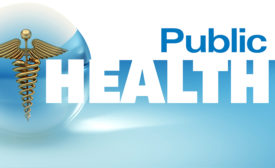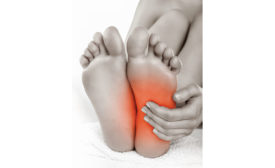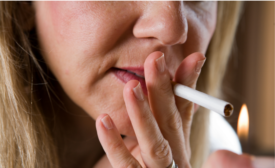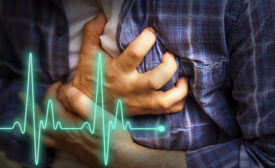Workplace Health
FairWarning Reports
Dueling labels seek to anoint products free of toxic chemicals
March 1, 2016
Workplaces are ideal for AED programs
But liability concerns deter some companies
March 1, 2016
FairWarning Reports
Johnson & Johnson dealt $72 million courtroom loss in talc-ovarian cancer case
February 24, 2016
One in three adults don’t get enough sleep
A good night’s sleep is critical for good health
February 23, 2016
Never miss the latest news and trends driving the safety industry
eNewsletter | Website | eMagazine
JOIN TODAYCopyright ©2024. All Rights Reserved BNP Media.
Design, CMS, Hosting & Web Development :: ePublishing










